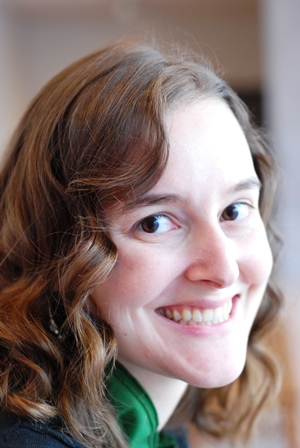Christopher Robin
Too grown up?

When I first heard about the new Disney movie Christopher Robin, I imagined a biopic of sorts about the real-life Christopher Robin Milne. A.A. Milne’s son inspired the Pooh stories and loved them as a boy, but he grew up to have a love-hate relationship with his father’s work and his role in the books. It turns out, Marc Forster‘s Christopher Robin is entirely fiction and bears no resemblance to the real Christopher’s adult life.
All the animals of the Hundred Acre Wood gather to say farewell to Christopher Robin as he leaves for boarding school. Christopher promises Pooh he’ll never forget him, but the process of growing up gradually pounds the imaginative spark out of the boy. As a man (played by Ewan McGregor), Christopher marries Evelyn (Haley Atwell) but must leave for World War II before their daughter Madeline is born. When he returns from the war, Christopher’s life is all business. He goes to work as a manager at a luggage company, and when faced with a crisis—choosing between his job and his family—he chooses his job. He’s miserable, his family is miserable, and life is not at all what the boy who used to play in the Hundred Acre Wood imagined.
Then Winnie the Pooh returns.
The trouble with Christopher Robin is I’m just not sure who its primary audience should be. Parents are probably the closest mark. After all, we were once children and can relate to the feelings of nostalgia for those days while we go to work instead of play. The film spends a great deal of time on Christopher Robin’s inner battles, his struggle to decide which deserves his greater loyalty: his job, which helps him put food on the table and a roof over his family’s head, or his family, who miss him and feel as if they are living their lives apart from him. Thus, an entire facet of the movie will be completely lost on younger children. Don’t get me wrong—Christopher’s torment is moving, so beautifully handled it hit me pretty hard. But my 4-year-old wouldn’t know what to make of it.
At least things pick up when Pooh and friends retake the stage, full of those wonderful nonsensical statements that manage to be profound while sounding completely silly at the same time. With good pacing, Christopher Robin works through his disbelief at seeing his talking teddy bear again and soon finds himself—against his better judgment—venturing back into the Hundred Acre Woods to help his old friend. Ewan McGregor is excellent in this role, completely believable in his despair and yet able to recapture all his old boyish glee with an enthusiasm that becomes infectious.
We were once children and can relate to the feelings of nostalgia for those days while we go to work instead of play.
Ultimately, though, I have to say the entire film feels like a less swashbuckling Hook. Both feature an iconic boy hero who grows up into a workaholic until he returns to the magical world of his childhood, learns some new things, and rediscovers his mojo. That makes Christopher Robin a slower, quieter watch for older kids, and too much of an introspective, grown-up story for little ones. Does Disney think parents will watch this without their kids? Unlikely.
There’s a bit of capering that makes the second half of the movie much more kid-friendly than the first, so maybe I’m selling children a little short here. Still, like Hook, or Mary Poppins, or even Toy Story 3, the pitfalls of growing up, the plight of left behind toys, and the joy of rediscovering play have been done better before. At least Winnie-the-Pooh, Eeyore (who steals nearly all the laughs in the movie), Rabbit, Piglet, Kanga and Roo, and their feathered friend Owl, are here to elevate the film into something more magical than yet another story about grownups working too hard. This film, like its version of Christopher Robin, could use just a little more Pooh.
Christopher Robin is rated PG for some action, including an intense scene where an (imaginary) Heffalump (elephant) appears to drag away a character.
Click here for more by Michelle Sinclair.




